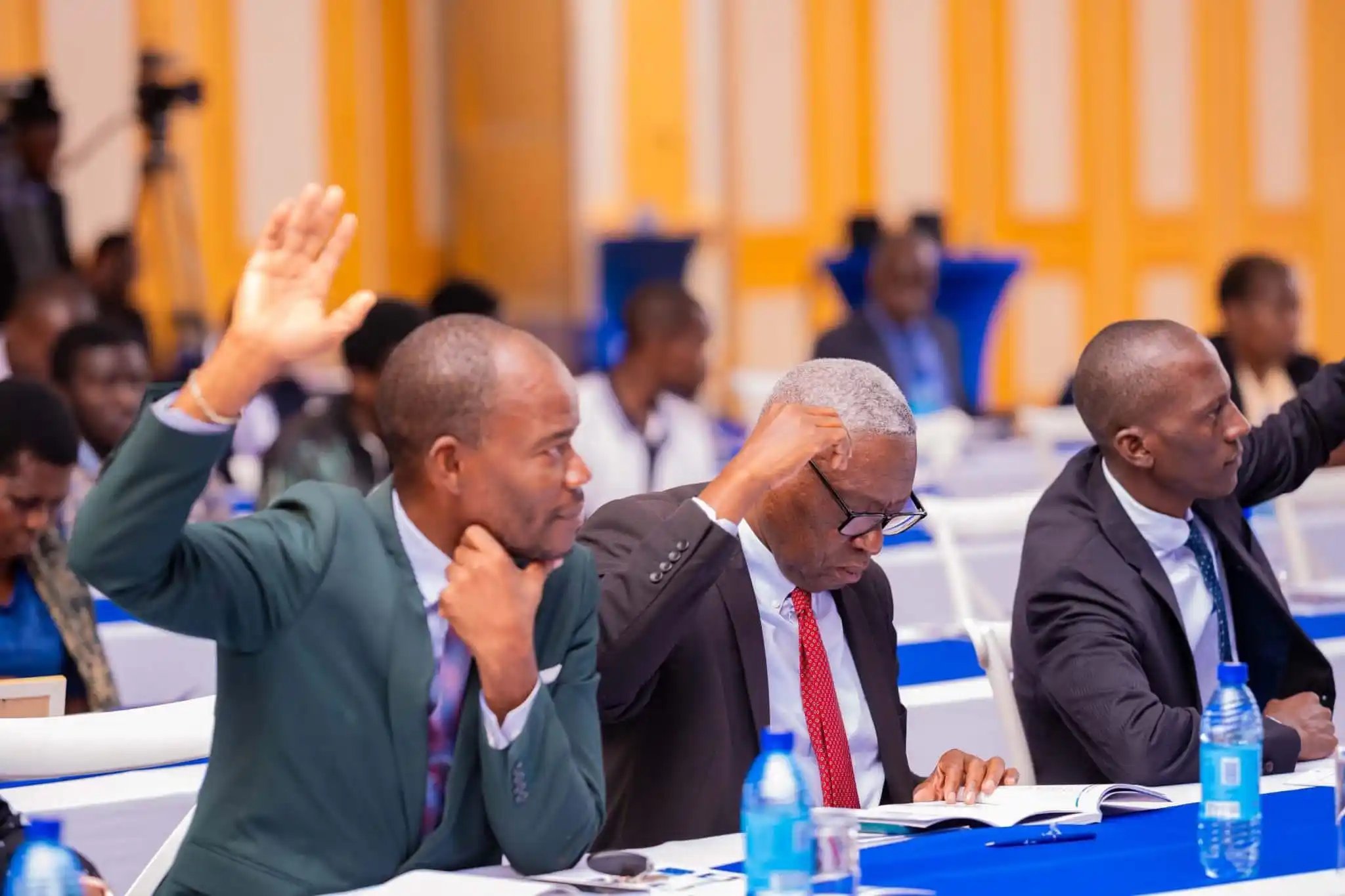
Malawi’s public debt stock has sparked a blame game with Secretary to the Treasury (ST) Betchani Tchereni accusing citizens of contributing to the situation by resisting policies meant to boost revenue and ease pressure on the fiscus.
On the other hand, First Deputy Speaker of Parliament Madalitso Kazombo feels the Legislature is also at fault for ‘rubber stamping’ fast-tracked money Bills without proper scrutiny.
But the Centre for Social Accountability and Transparency (Csat) has said this conduct has been tolerated for decades and undermines the integrity of Parliament.

Kazombo and Tchereni were speaking in Lilongwe yesterday during the opening of a two-day National Debt Conference organised by the Malawi Economic Justice Network (Mejn) with funding from Afrodad.
The conference seeks to provide a platform for discussion on the effects of unsustainable debt on social sector investments, which is affecting quality service delivery.
In his remarks, Tchereni said Malawians have in recent years tended to oppose “beneficial tax measures” that could have helped address the mounting debt burden.
He said the solution lies in revenue generation rather than expenditure reduction.
Tchereni cited a proposed tax on motorcycles, which could have generated K172 billion annually but was withdrawn due to public protests.
He said: “The challenge is that political pressure often compels the government to abandon beneficial tax programmes. People wield their votes as a threat.”
Tchereni also mentioned a specific vehicle tax proposal that faced opposition from used car dealers who held a vigil at Capital Hill.
In his contribution, Kazombo said Parliament often waives the 28-day notice before tabling a Bill in the House.
He said the situation is caused by inadequate funding which sees members of Parliament (MPs) meeting for two weeks, providing barely 10 days to scrutinise the budget.
Said Kazombo: “You would agree with me that 10 days are not enough. Additionally, tabling money Bills before the expiry of the prescribed 28-day period is a disadvantage to MPs because they don’t have adequate time to scrutinise them, resulting in suffering for Malawians.”
But in an interview, Csat executive director Willy Kambwandira said it is concerning that Loan Authorisation Bills are treated as emergencies, sometimes without disclosing their pertinent details.
He noted that relevant parliamentary committees are bypassed intentionally, leading to corruption.
Said Kambwandira: “Consequently, government loans remain untraceable, and neither the government nor lenders can be held accountable for their financial decisions.”
Kazombo stated that Parliament now operates with a budget office, working alongside the office of the Secretary to the Treasury.
This collaboration, he said, ensures that Parliament remains informed about the government’s financial activities, and the Committee of Budget and Finance receives reports on how funds are borrowed and utilised.
Meanwhile, leader of the Afrodad delegation Ivy Gurure has cautioned Malawi and other African countries in debt stress against being deceived by development partners that this is not merely a ‘liquidity crisis’ but a solvency crisis.
Malawi’s total public debt stock has so far risen to about K13 trillion, about 84.8 percent of the gross domestic product and would likely rise to K14.4 trillion if K1.46 trillion deficit in the proposed 2024/25 fiscal plan is factored in, representing an increase of 53.6 percent.







0 Comments